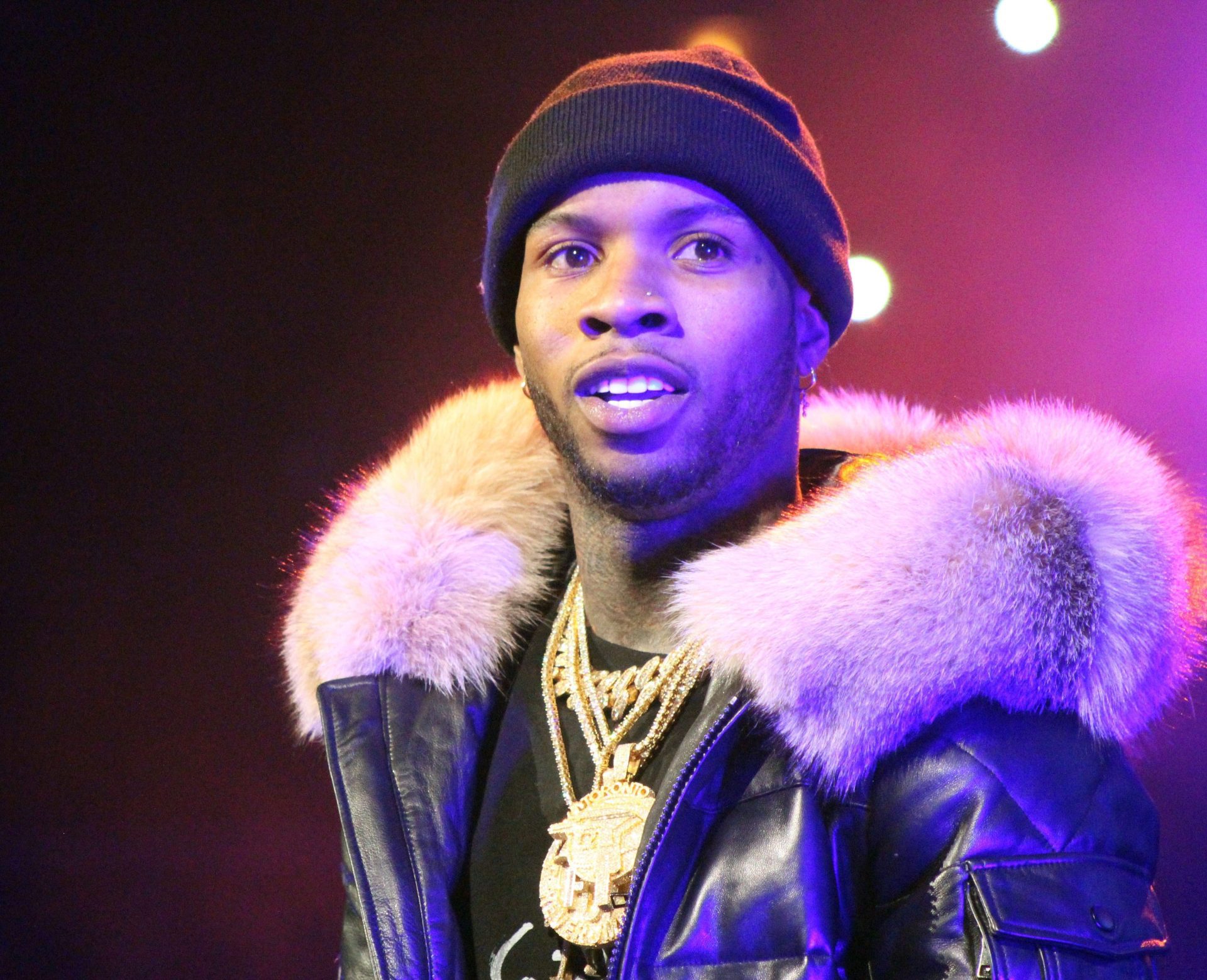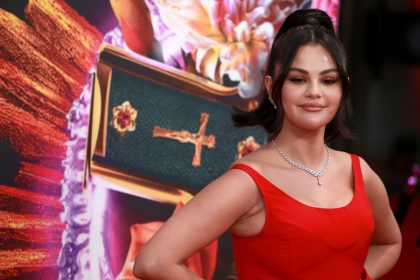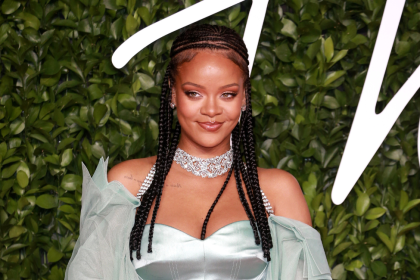Imprisoned rapper Tory Lanez has filed an ethics complaint with the State Bar of California against former attorney Shawn Holley, alleging compromised representation during his trial for shooting Megan Thee Stallion. The complaint centers on Holley’s alleged connections to Roc Nation, the entertainment powerhouse managing Megan Thee Stallion.
Lanez, currently serving a 10-year sentence for the July 2020 shooting, claims Holley maintained undisclosed ties to Roc Nation while representing him. He points to her producer role in the Hulu series “Reasonable Doubt,” loosely based on her career, as evidence of potential conflicts.
The complaint alleges Holley deliberately undermined his defense by preventing DNA testing on key evidence. Lanez contends she pushed him toward a plea deal, suggesting pressure from Roc Nation influenced her counsel. When he refused to plead guilty, Holley withdrew from his defense team amid allegations of witness bribery.
Financial stakes compound the controversy. Lanez seeks reimbursement of approximately $300,000 in legal fees paid to Holley before she resigned just five days before his conviction. The substantial sum highlights the case’s intersection of hip-hop culture, legal ethics and industry politics.
Holley maintains her innocence, describing the allegations as baseless. She states similar claims were previously dismissed by the State Bar and denies any business relationship with Roc Nation. Her team specifically refutes connections between Roc Nation and Reasonable Doubt.
Unite the People, Lanez current legal representation, challenges Holley’s assertion about prior complaints. They state no previous ethics charges were filed or dismissed, intensifying questions about transparency in his original defense.
The complaint adds another dimension to an already complex case that has divided hip-hop culture. Beyond the original shooting incident, it exposes potential conflicts between entertainment industry relationships and legal representation.
For Lanez, the ethics complaint represents both a legal strategy and an attempt to reshape public narrative around his conviction. His team suggests the alleged conflicts contributed to what they view as an unfair trial outcome.
The situation highlights growing scrutiny of entertainment industry legal relationships. As artists navigate complex business and personal legal matters, questions of loyalty and potential conflicts become increasingly relevant.
Industry observers note this case could influence how artists approach legal representation, particularly in situations involving major entertainment companies with extensive industry connections. The outcome may reshape expectations of transparency in attorney-client relationships within the music industry.












